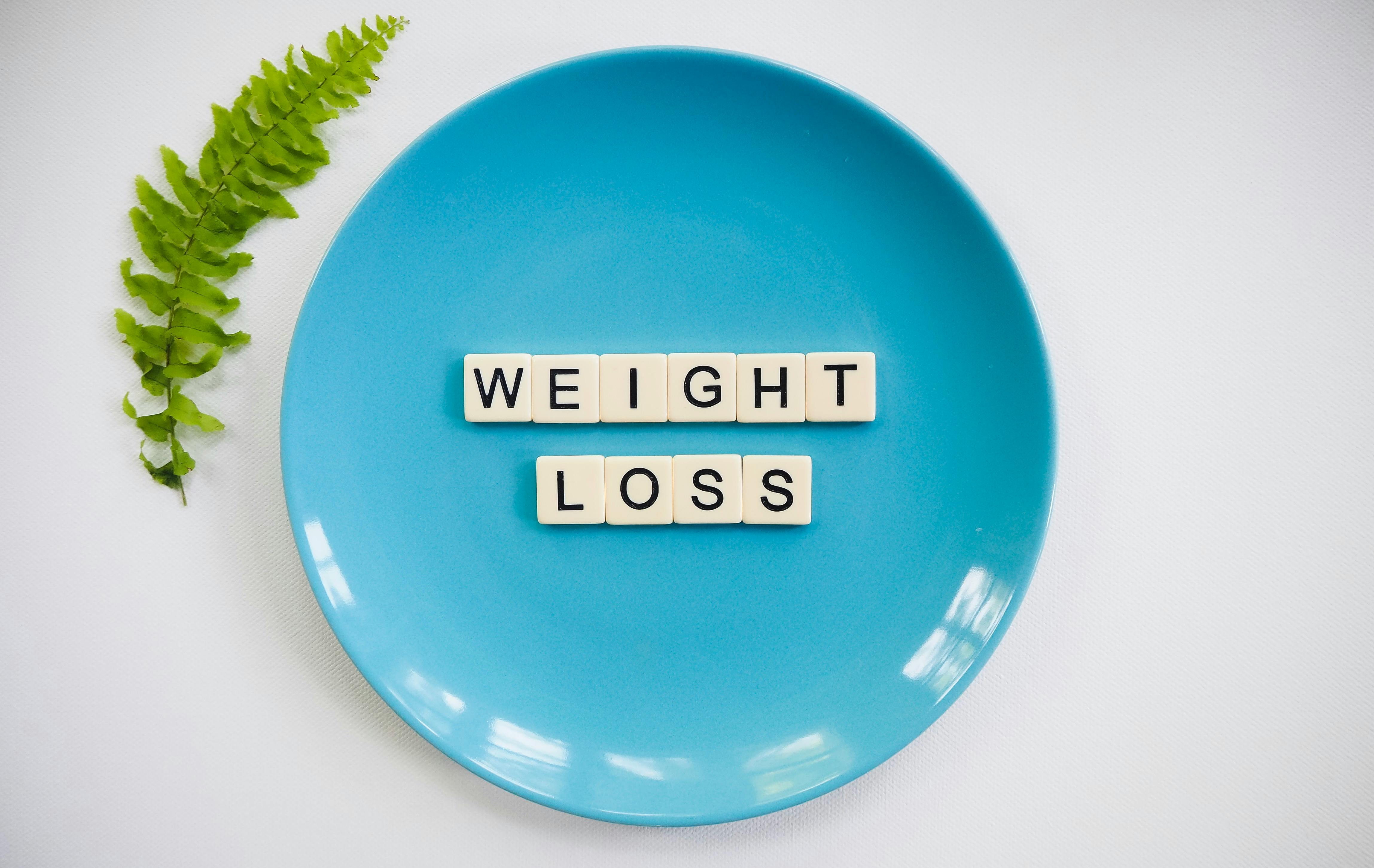Apply Now
Practical Guide to Healthy Eating with Corned Beef
Introduction to Corned Beef and Health
Corned beef has long been a staple in many diets, known for its unique flavor and versatility in various dishes. However, the rising focus on health and nutrition over the years has led to an increased interest in understanding the health implications associated with its consumption. This practical guide aims to demystify the nutritional value of corned beef, answering the crucial question: is corned beef healthy? We will explore the health benefits, nutritional profile, and how to incorporate corned beef into a balanced diet while considering its health risks. By the end of this article, you'll be equipped with practical guides and tips on healthy eating with corned beef in 2025.
Corned Beef: Nutritional Value Overview
Understanding the nutritional value of corned beef begins with looking at its primary constituents. Corned beef is typically prepared from brisket, laden with protein and vital nutrients. A serving of corned beef (about 3 ounces) generally contains approximately 20-25 grams of protein, making it a valuable source for muscle growth and repair. Moreover, corned beef is rich in essential vitamins and minerals, including vitamin B12, zinc, and iron, which contribute significantly to various bodily functions.
However, it’s essential to consider the corned beef fat content. On average, a serving may contain around 15 grams of total fat, with saturated fat often ranging between 5-6 grams. Additionally, the sodium levels in corned beef are notably high, with approximately 800-1000 mg of sodium per serving due to the curing process, which could pose health concerns for those monitoring their sodium intake. Understanding these nutritional facts can help you make informed choices when adding corned beef to your meals.
Corned Beef Health Benefits
When consumed in moderation and balanced with other nutrient-rich foods, corned beef can offer several health benefits. One of the prominent benefits is the high protein content, which plays a critical role in muscle maintenance and overall physical health. Additionally, the iron content in corned beef is significant, aiding in oxygen transport within the body and preventing anemia. With dietary iron being crucial for overall health, including corned beef in your meal prep can be beneficial—especially for those with higher iron needs, such as athletes.
Another vital aspect of corned beef is potassium, which can help maintain healthy blood pressure levels. While a high sodium diet can have adverse effects, balancing sodium intake with potassium-rich foods such as vegetables can make a difference. It’s essential to pair corned beef with nutrient-dense options to elevate your meal’s health profile.
Understanding the Health Concerns of Corned Beef
Corned Beef and Sodium Levels
One of the primary health concerns associated with corned beef is its sodium content. Processed meats, including corned beef, often contain high levels of salt as part of the curing process. Regularly consuming high-sodium foods can lead to hypertension and heart health issues.
It’s advisable to monitor portion sizes and consider consuming corned beef alongside low-sodium foods to balance your overall dietary sodium. Incorporating plenty of fresh vegetables, which are naturally low in sodium, can help create a more balanced meal. Additionally, selecting low-fat or organic corned beef options can provide a more health-conscious approach without sacrificing flavor.
Corned Beef: Health Myths Debunked
There are various myths regarding corned beef and its health implications. One common misconception is that all processed meats are equally harmful. While corned beef is classified as a processed meat, its health effects can vary based on portion sizes and how it's included in your diet.
Corned beef can be part of a healthy diet when consumed moderately, alongside a variety of other food groups. For those concerned about weight management, consider methods such as trimming visible fat or seeking out lower-fat alternatives when purchasing. Incorporating corned beef hash with vegetables can create a hearty, nutritious meal with enhanced health benefits.
Comparative Analysis: Corned Beef vs. Other Meats
When considering various protein sources, understanding how corned beef compares to other meats can aid in making informed dietary choices. Compared to chicken, for instance, corned beef is denser in both protein and fat content, which may not be suitable for those seeking low-calorie protein options.
However, when compared to other red meats like steak or lamb, corned beef may present a comparable calorie profile while offering distinct flavor profiles enriching various dishes. Researching these nutritional differences can provide insights into which meats to incorporate into specific meal plans while considering personal health goals.
Incorporating Corned Beef into a Balanced Diet
How to Eat Corned Beef Healthily
Incorporating corned beef healthily into your diet does not have to be challenging. One effective method is portion control. Limiting your intake to about 3 ounces in a meal can allow you to enjoy the flavors without overdoing sodium or fat intake. Using corned beef in salads with lots of greens or as a protein addition in vegetable stir-fries can enhance the nutritional value of your meals.
Another key to healthy consumption is preparation technique. Opt for boiling or steaming corned beef instead of frying to reduce fat content. Pairing corned beef with foods high in fiber and water, like leafy greens and whole grains, can also contribute to satiety, making meals feel more fulfilling and balanced.
Corned Beef Meal Ideas
If you're looking to spice up your corned beef intake, several delicious meal ideas can help integrate corned beef into your routine healthily. A classic corned beef and cabbage dish can be revitalized with a rich variety of vegetables, packed with vitamins and minerals. You can also explore corned beef sandwiches using whole-grain bread and fresh toppings.
For a quick meal, corned beef hash with sweet potatoes can provide a satisfying breakfast and is an excellent source of fiber. Utilizing corned beef as an add-in for gourmet salads or even starchy dishes like quinoa can also serve as a flavorful, nutritious way to enjoy this meat while balancing its health-related concerns.
Conclusion: Key Insights for Healthy Corned Beef Consumption
Final Thoughts on Corned Beef and Health
Corned beef, when understood and prepared thoughtfully, can fit within a balanced diet. While it does come with certain health concerns—primarily relating to sodium and fat content—moderation and proper pairing can mitigate these risks. Focus on integrating corned beef with nutrient-dense foods and maintaining portion sizes for a health-conscious approach.
In essence, educating ourselves about corned beef’s nutritional landscape can empower us to make informed dietary choices without sacrificing enjoyment. With the right strategies and knowledge, corned beef can still have a place on the dinner table in 2025 and beyond.




